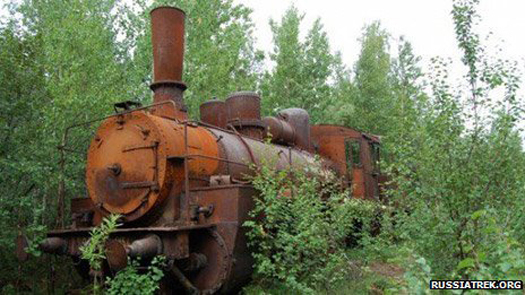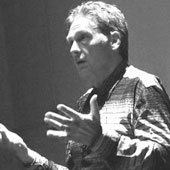
(Photo: Future Perfect, Sweden, 2011)
When Bill McKibben announced in Rolling Stone this month that, thanks to Global Warming’s Terrifying New Math, ‘global catastrophe’ is more or less assured, the world’s media responded with blanket coverage of …. Kristen Stewart’s one night stand with Rupert Sanders.
Recent headlines are no less surreal. The fact that nationwide power cuts have left 700 million people in India without electricity took second place, in most newspapers, to a row about match-fixing in an Olympic badminton match.
Priorities are weird wherever you look. A young designer friend of mine was approached, at an exhibition of graduating students in London, by a jury of industry eminences. “Is it ready for production?” they asked him, of the work he had on show. A different question could have been, “will your design leave the world a better place?” — but that would have distracted my friend’s attention from the higher imperative of economic growth.
So much discordant information amplifies confusion about what is, or is not, a ‘green job’. Is it green to design wind turbines, or electric vehicles, that contain conflict minerals? Is it green to design sandwiches containing healthy food that are displayed in chiller cabinets? Is it green to design a vertical farm that will erected in the middle of a desert city?
If those forms of production are iffy, what kinds of production and design do qualify as green? To try and sort out once and for all what kinds of work and jobs are truly green — and what are not — I’m running a workshop at the Ö Festival (the Future Perfect Festival) in Sweden during 23-26 August at Waxholm Strand, Stockholm Archipelago. It would be great if you can make it.
Editors Note: A previous version of this article contained an image that has since been removed.


Comments [8]
08.08.12
01:31
Now these well-funded people at Design Observer have simply stolen it to promote their business. They didn’t contact me or my agent asking for permission to use it. They of course haven’t paid for it, even though they are a commercial publisher that charges for their own work and understand copyright law very well. They’re so cheap they haven’t even published my name with the photo. They’ve even made it available for other people to download from Facebook and give away as if it is their own property.
As a professional photographer taking photos like this and licensing them to honest organisations is how I feed my family. Design Observer are the worst kind of internet thieves, stealing the work of others and passing it off as their own: I regard them with contempt.
Now I wonder how long they will leave this comment here?
08.08.12
05:45
If it is any small compensation, the photo is quite incredible. That's made even more true by reading your brief account of its creation. Part of the reason I asked about the photo in the first place is that it seems so extraordinary as to appear almost unreal. Of course, that's the power of the photo--here's a place that looks so unreal, but is, in fact, all too real. Your note prompted me to find your web site, and I have taken a quick look (I'll take a longer look after I finish this note). I can see that there are many, many more equally powerful images of an exceptionally high caliber, and am very pleased to learn of your work.
08.08.12
08:39
I just heard about your comment and regret my delay in replying.
Design Observer was not involved in posting your image without permission or credit. That was me; the responsibility for this error is 100% mine. Indeed, as my publisher, Design Observer make it a clear requirement that contributors obtain the appropriate clearance for images we post. They had no idea that this was not the case until they heard from you. It was inexcusable of me to use your image in such a cavalier way and I apologise for doing so to you, and also to Design Observer.
For what it's worth, I don't make a habit of stealing images, and did not do so this time on purpose. You have every right to be cross with me about this - but please don't blame Design Observer.
John Thackara
08.08.12
01:50
Lawson,
read more
08.11.12
07:09
Intrigued by your description of how the photograph was taken, I went to your website. I have got to say your work is incredible. The narrative (not sure how intentional this was) flows brilliantly too. I was struck by the contrast between the lifestyles of the various individuals you have photographs…somehow they seem so disconnected from one another but in reality are all part of the same chain.
John,
I thought your piece was excellent too. The ease with which people are able to hold two priorities separated by several orders of magnitude of importance (and often choose the less important one!) often amazes me. Your festival sounds like a great idea.
Best,
Govind
08.15.12
04:04
-r
09.25.12
02:27
You're spot on there! One of the (so far missing) keys to a sustainable next economy is a way for us to be paid (or at least fed) in return for what we do - not the artefacts that we produce. I like to argue that "content = connecting" - but the number of people willing to give me lunch in exchange for that proposition remains modest.
01.29.13
08:56